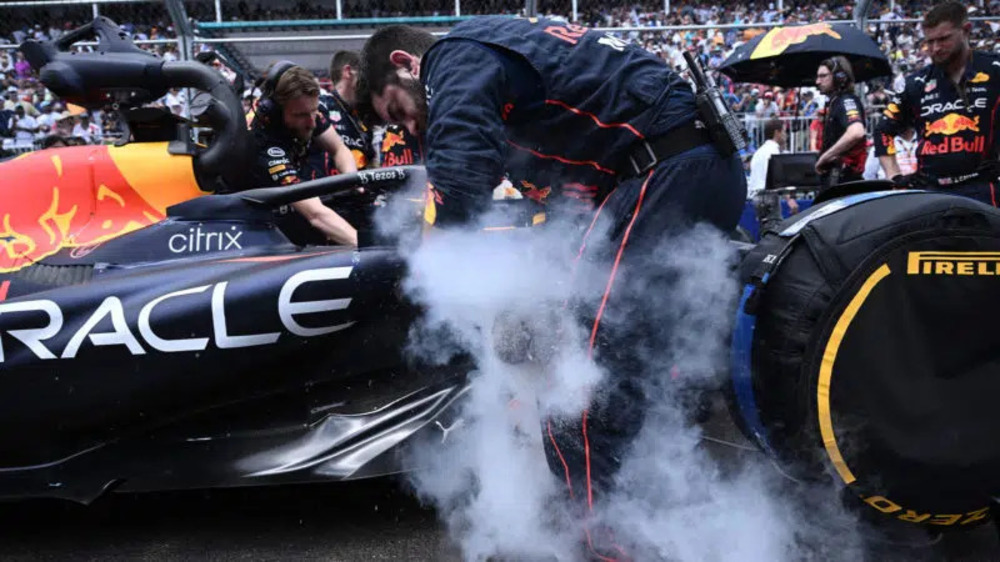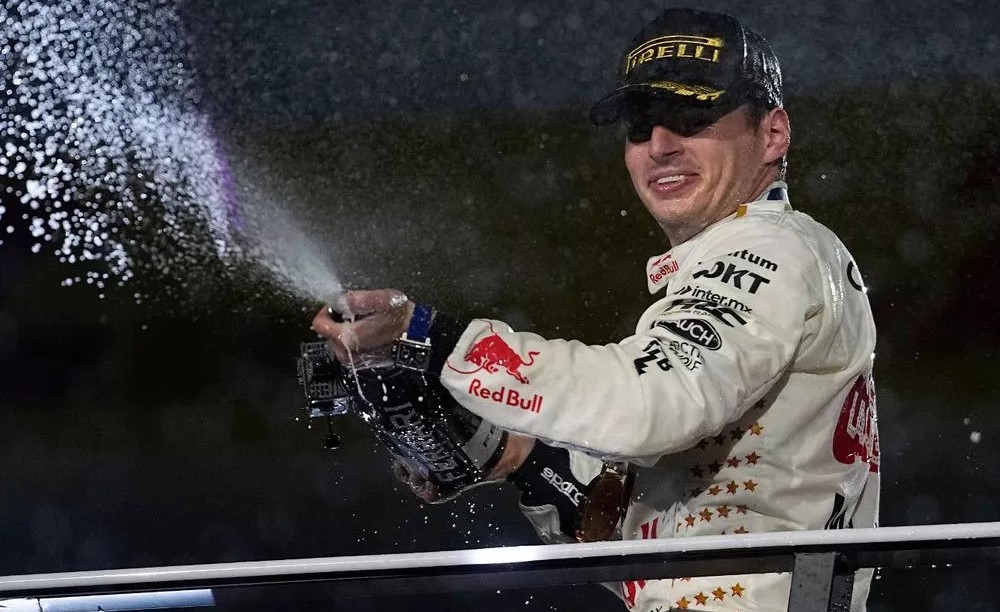Formula 1 is set to undergo a major transformation with the introduction of F1 driver cooling kits, approved by the FIA for implementation starting from the 2025 season.
This decision comes in response to alarming health incidents ever since the 2023 Qatar Grand Prix, where extreme heat conditions led to several drivers experiencing severe discomfort, dehydration, and even loss of consciousness.
The FIA’s proactive measure to introduce F1 driver cooling kits aims not only to enhance driver safety but also to ensure that athletes can perform at their best in increasingly demanding racing environments.
The Qatar Grand Prix, held under sweltering conditions, highlighted the urgent need for improved cooling solutions within F1 cockpits. Drivers faced unprecedented challenges as they battled high ambient temperatures, intense g-forces, and the physical strains of prolonged racing.
Notably, Lance Stroll reported losing consciousness while driving, and Esteban Ocon experienced nausea that forced him to contend with illness mid-race. These incidents prompted the FIA to reassess existing safety protocols and explore innovative cooling technologies that could be integrated into F1 cars.
In a recent meeting of the Formula 1 Commission chaired by FIA Single-Seater Director Nikolas Tombazis and F1 CEO Stefano Domenicali in Baku yesterday, discussions centered around the technical regulations for the upcoming seasons.
The commission approved a series of measures aimed at enhancing driver comfort in extreme conditions, including the introduction of a specialized cooling scoop designed to channel airflow into the cockpit. This scoop will be mandatory when a “heat hazard” is declared, following positive results from preliminary testing.
“The commission has approved a range of technical changes for the 2025 season,” began a statement. “[It includes] the introduction of a F1 driver cooling kit when heat hazard gets declared following encouraging test results.”
The decision to implement F1 driver cooling kits reflects a broader commitment within Formula 1 to prioritize driver welfare. The FIA has been actively consulting with medical experts to establish safe temperature thresholds and humidity levels that can be tolerated by drivers during races.
READ ALSO: FIA to ditch fastest lap point starting 2025 F1 season
The comprehensive analysis considers not only ambient temperatures but also track characteristics and their impact on driver performance. For example, circuits like Qatar present unique challenges due to their high g-loads compared to slower tracks like Hungary.
To further bolster these efforts, the FIA is exploring additional measures that may include allowing teams to carry extra weight—approximately two kilograms—specifically designated for cooling purposes.
This weight would enable teams to implement various technologies such as cooling vests or other systems designed to maintain optimal body temperatures during races.
The introduction of F1 driver cooling kits is expected to have a profound impact on race dynamics. Less fatigued and overheated drivers can maintain higher levels of concentration and focus throughout a race, ultimately contributing to better performance outcomes.
The FIA’s commitment to enhancing driver comfort aligns with similar initiatives in other motorsport categories where cooling solutions have been successfully integrated without compromising competitive integrity.
As Formula 1 prepares for the 2025 season, teams will need to adapt their designs and strategies accordingly. This transition may involve significant research and development efforts as teams seek optimal solutions that balance performance with driver comfort.
The introduction of mandatory F1 driver cooling kits could also lead to exciting innovations within the sport as teams explore various technologies aimed at enhancing driver welfare.
In addition to the technical changes surrounding cooling systems, the FIA’s recent commission meeting addressed other regulatory matters for both 2025 and 2026 seasons.
A revised protocol for closing up the grid when a team withdraws a car was confirmed, along with discussions about a potential rookie sprint race initiative aimed at introducing fresh talent into the sport.
Financial regulations were also reviewed, with sustainability initiatives set to be exempt from cost cap calculations in 2025.





